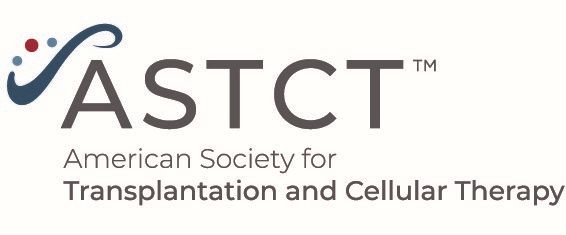
Outpatient Haploidentical Stem Cell Transplantation

The latest episode of the ASTCT Talks episode features a discussion from Andrés Gómez De León, MD, and Perla Colunga, MD, on outpatient haploidentical stem cell transplantation.
In this episode of ASTCT Talks, Andrés Gómez De León, MD, physician at the Universidad Autónoma de Nuevo León Hematology Service in Monterrey, Mexico, and Perla Colunga, MD, a specialist physician in the hematology service of UANL, discuss their paper “Outpatient Haploidentical Stem Cell Transplantation Using Post-Transplant Cyclophosphamide Is Safe and Feasible,” which was published in ASTCT’s Transplantation and Cellular Therapy journal in December.
Tune in
ASTCT Talks is the official podcast of the American Society for Transplantation and Cellular Therapy (ASTCT). We chat with industry leaders from all areas of the blood and marrow transplantation and cellular therapy field, including doctors, physician assistants, pharmacists, nurses, administrators, social workers, and more. Like what you hear? Subscribe to
Reference
Colunga-Pedraza PR, Gómez-De León A, Rodríguez-Roque CS, et al. Outpatient Haploidentical Stem Cell Transplantation Using Post-Transplant Cyclophosphamide Is Safe and Feasible. Transplant Cell Ther. 2021;27(3):259.e1-259.e6. doi:10.1016/j.jtct.2020.12.006
Newsletter
Stay up to date on recent advances in the multidisciplinary approach to cancer.




































